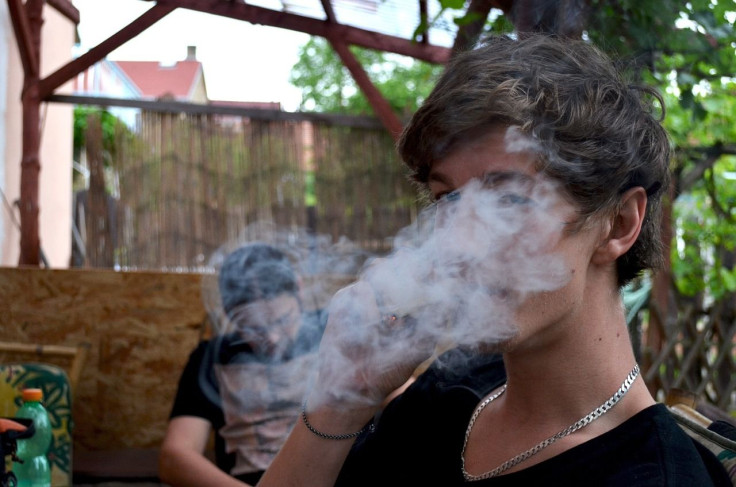Juvenile Delinquency: Black Kids Less Likely To Use Hard Drugs Than Whites, Still Go To Jail More

The United States is plagued with many forms of substance abuse, and youth leaving juvenile detention are especially vulnerable. Many think African Americans in this group are especially prone to drug use, but a new study says this stereotype is unfounded. According to researchers at Northwestern, abuse of and dependence on cocaine, hallucinogens, amphetamines, and opioids is less common among African Americans than among non-Hispanic whites.
The thorough study is the first of its kind. Researchers followed the youths into their late 20s, for up to 12 years after release. At that point, non-Hispanic whites had 30 times the odds of becoming addicted to cocaine as African Americans did.
“Those findings are striking, considering the widely accepted stereotype of African Americans as the most prevalent abusers of ‘hard drugs,’” said Linda A. Teplin, senior author of the study and professor of Psychiatry and Behavioral Sciences at Northwestern University Feinberg School of Medicine, in a press release.
Though whites were more likely to abuse or depend on hard drugs, their incarceration numbers didn’t follow the same pattern. According to an estimate by the U.S. Department of Justice, among males born in 2001, one in three African Americans and one in six Hispanics will be incarcerated at some point in their lives, compared with just one in 17 Caucasians.
“We must address — as a health disparity — the disproportionate incarceration of African Americans,” Teplin said.
In terms of differences between the sexes, the study found that 91.3 percent of previously delinquent male youths and 78.5 percent of females had had a substance abuse disorder by their late 20s. However, males were more likely to abuse alcohol and marijuana, and females were more likely to exhibit opiate, cocaine, amphetamine, and sedative addiction.
“Unfortunately, substance use disorders were the rule, not the exception,” said study lead author Leah Welty, an associate professor in both preventative medicine and psychiatry and behavioral sciences at Feinberg. “These young adults already face substantial challenges in completing education, establishing careers, and building families. Substance abuse further compromises their futures.”
The youths most commonly struggled with cannabis use during young adulthood, but once they hit their late 20s, alcohol abuse and dependence surpassed marijuana.
“Substance abuse is among the most serious health problems in the United States,” Welty said. “Rehabilitation and treatment services during incarceration and after would reach a sizeable proportion of people in need and would address health disparities in this highly vulnerable population.”
Source: Welty L, Harrison A, Abram K, OIson N, Aaby D, McCoy, et al. Health Disparities in Drug-and Alcohol-Use Disorders: A 12-Year Longitudinal Study of Youths After Detention. American Journal of Public Health. 2016.



























